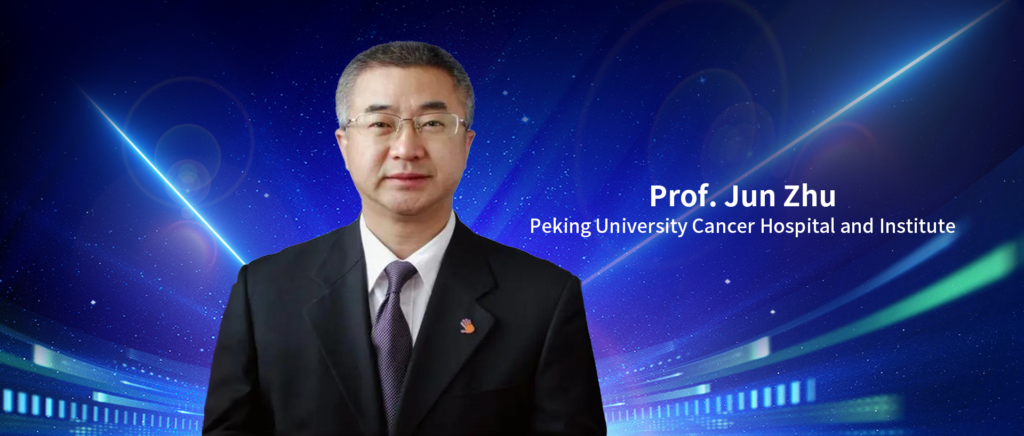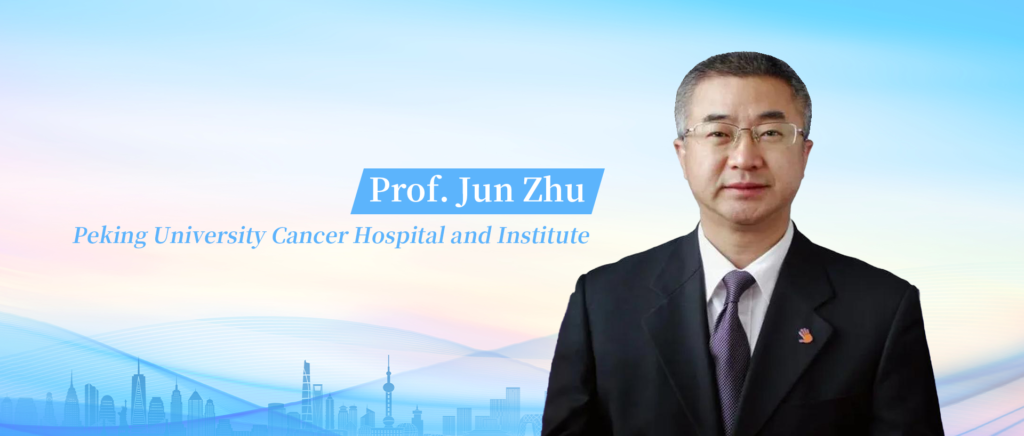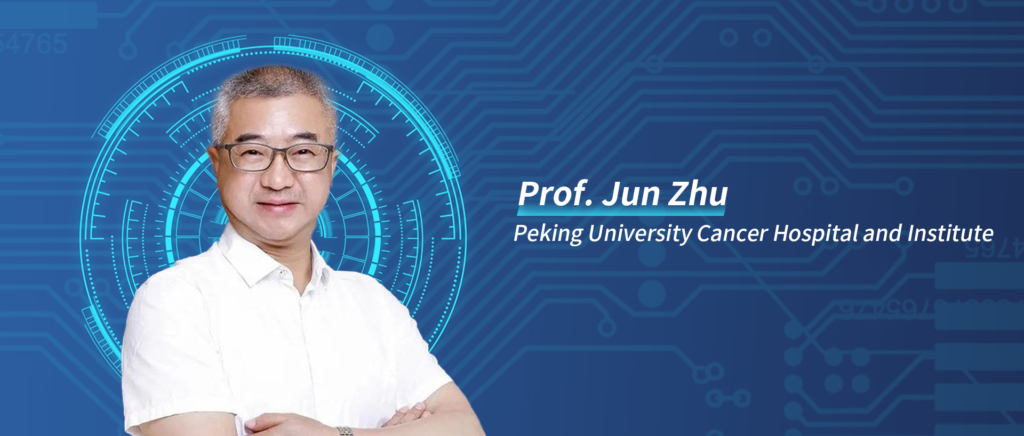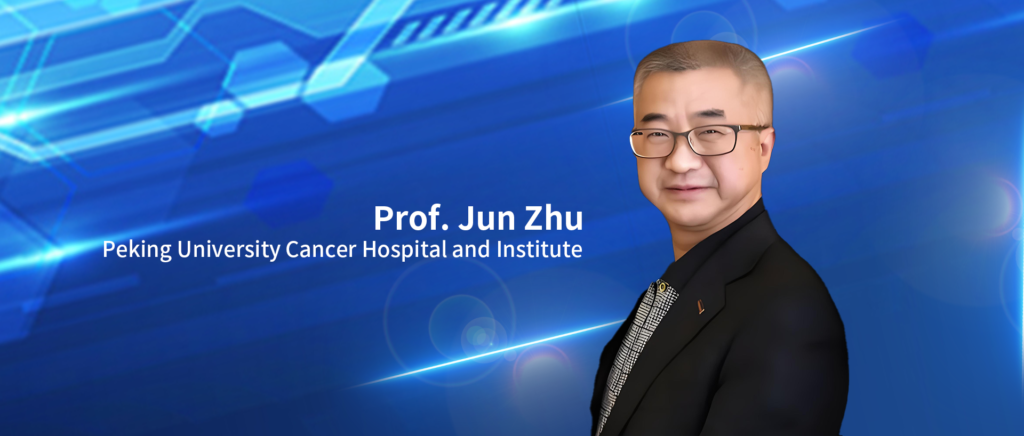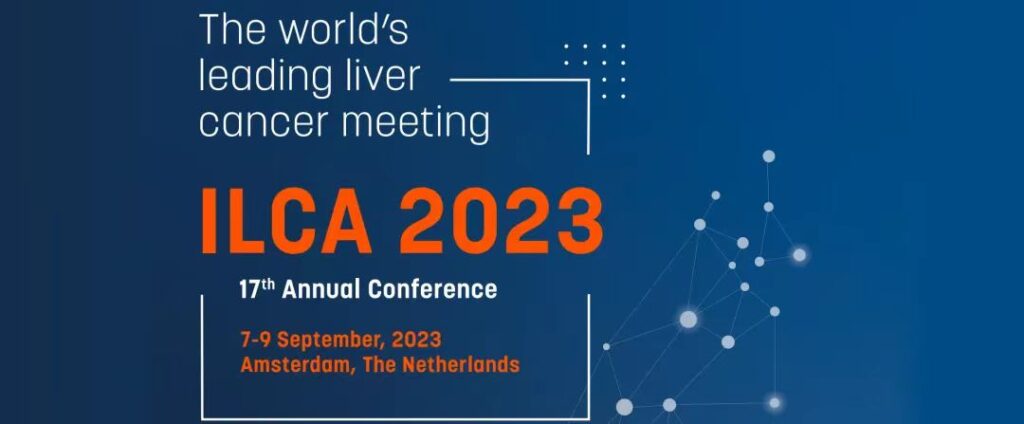Application of ADC in First-Line Treatment of NSCLC and Interpretation of Results from the EVOKE-02 Study
The 24th World Conference on Lung Cancer (WCLC) was held from September 9 to 12, 2023, in Singapore, organized by the International Association for the Study of Lung Cancer (IASLC). During the oral presentation session on September 10, the EVOKE-02 study, exploring the first-line treatment of advanced non-small cell lung cancer (NSCLC) with the combination of sacituzumab govitecan (SG) and pembrolizumab, revealed its preliminary results. The study demonstrated an objective response rate (ORR) of 56% and a disease control rate (DCR) of 82% for stage IV NSCLC patients, laying the foundation for a new treatment strategy. " Oncology Frontier" invited Dr. Stephen V. Liu from Georgetown University Lombardi Comprehensive Cancer Center and Dr. Shun Lu from Shanghai Chest Hospital and Shanghai Jiao Tong University for a virtual dialogue to discuss the significance of the EVOKE-02 study and the future possibilities in NSCLC treatment.


